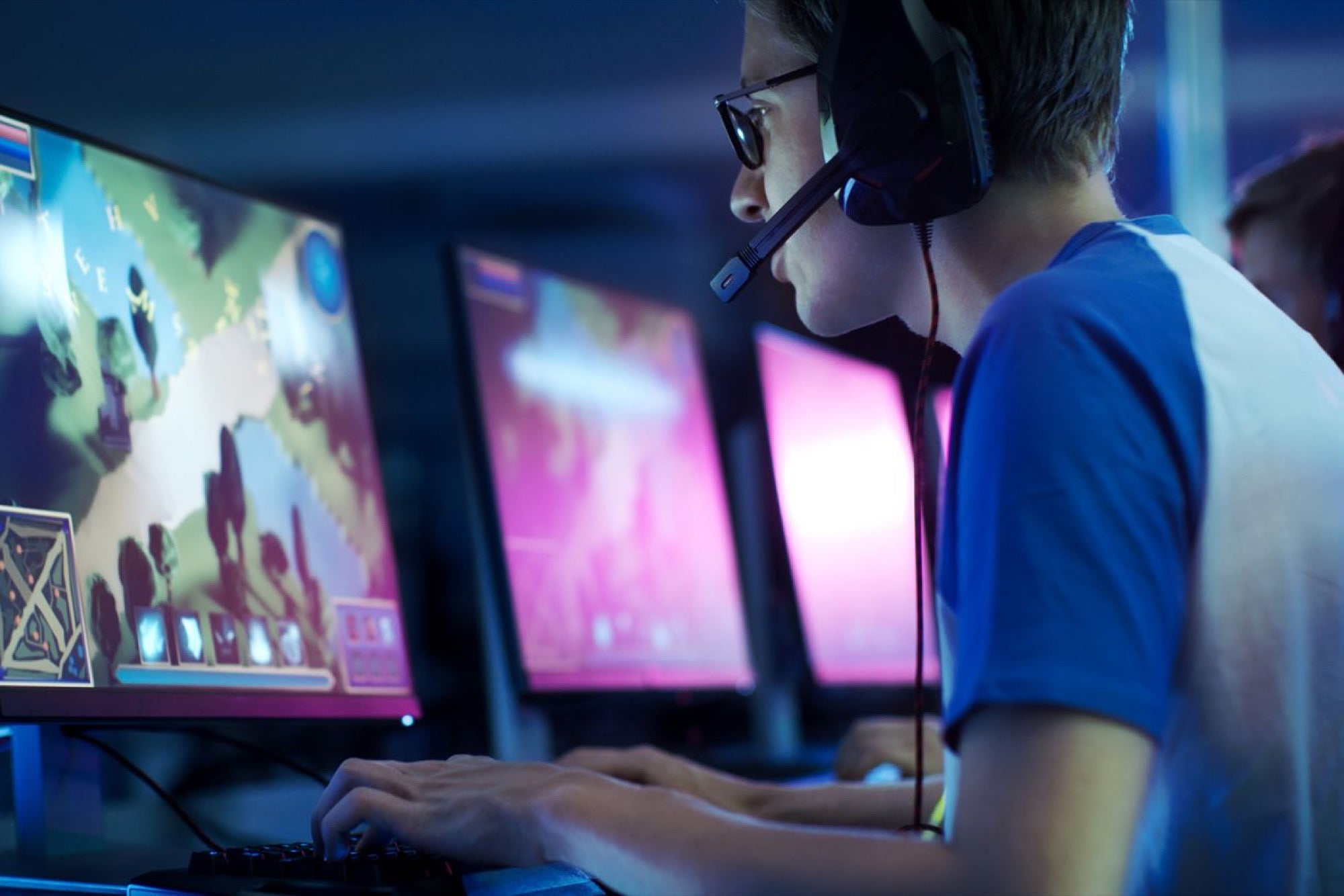The convergence of online gaming and virtual reality has given birth to an exciting new era of historical exploration. With the advent of sophisticated virtual reality (VR) technology, gamers now have the opportunity to step back in time and immerse themselves in rich and historically accurate virtual worlds. This article delves into the marriage of online gaming and virtual reality museums, exploring the profound impact on historical exploration and the limitless possibilities this fusion offers. The 24/7 customer support on jili178 ensures that players have assistance whenever they need it, enhancing the overall gaming experience.
The Rise of Virtual Reality in Online Gaming
Virtual reality has been a dream of technologists and sci-fi enthusiasts for decades, and in recent years, it has become increasingly accessible to the general public. As VR headsets and devices become more affordable and user-friendly, online gaming developers have harnessed this technology to create unparalleled gaming experiences.
Immersive Gameplay and Realism
Virtual reality takes gaming to new heights by offering unparalleled immersion. Players can interact with virtual environments, objects, and characters in ways that were previously unimaginable. This heightened sense of realism elevates the gaming experience to new levels of authenticity.

Virtual Reality Museums and Historical Accuracy
Incorporating virtual reality into museums and historical settings allows developers to recreate historical periods with an unprecedented level of accuracy. From ancient civilizations to pivotal moments in world history, players can traverse the annals of time and witness history come alive before their eyes.
The Fusion of Gaming and Education
The integration of virtual reality museums within online gaming not only enhances the gaming experience but also serves as a powerful educational tool. By merging entertainment and historical exploration, this fusion has the potential to revolutionize how we learn about the past.
Interactive Learning and Historical Context
Virtual reality museums offer a dynamic and interactive way to learn about historical events, artifacts, and cultural heritage. Players can engage in virtual tours, explore artifacts up close, and gain insights into historical contexts.
Engaging the New Generation of Learners
For younger generations who have grown up in a digital age, traditional educational methods may sometimes feel disconnected. The gamification of historical exploration through virtual reality appeals to these learners, making history come alive in a way that captures their attention and imagination.
Exploring Ancient Civilizations in VR
One of the most exciting applications of virtual reality museums in online gaming is the exploration of ancient civilizations. Players can now embark on virtual journeys to rediscover the wonders of lost worlds.
Ancient Egypt: Unveiling the Pyramids
In virtual reality, gamers can venture into the heart of Ancient Egypt and witness the construction of the majestic pyramids. They can explore the Great Sphinx, decipher hieroglyphics, and learn about the lives of the pharaohs and their subjects.
The Roman Empire: Walking Through the Colosseum
Experience the grandeur of the Roman Colosseum as it once stood in all its glory. With VR technology, players can stand among the roaring crowd and witness epic gladiator battles.
Mesopotamia: The Cradle of Civilization
Step into the cradle of civilization and immerse yourself in the ancient world of Mesopotamia. Virtual reality museums can recreate the Hanging Gardens of Babylon, the ziggurats, and the legendary city of Ur.
Reliving Historical Moments and Events
In addition to exploring ancient civilizations, virtual reality museums allow players to relive pivotal moments and events from history.
World War II: The Battlefronts
Experience the intensity of World War II as if you were there on the battlefronts. Virtual reality recreates the D-Day landings, the Battle of Stalingrad, and other historic conflicts, offering a visceral understanding of the sacrifices made by those who fought.
Space Exploration: The Moon Landing
Walk on the surface of the moon and experience the historic Apollo 11 moon landing in breathtaking virtual reality. Gain a firsthand perspective of the monumental achievement of space exploration.
Challenges and Future Possibilities
While the fusion of online gaming and virtual reality museums opens up exciting new horizons, there are still challenges to overcome to fully realize its potential.
Historical Accuracy and Research
Creating historically accurate virtual worlds requires meticulous research and attention to detail. Developers must collaborate with historians and experts to ensure authenticity.
Accessibility and Inclusivity
Ensuring that virtual reality museums are accessible to all is crucial. Addressing barriers such as cost, hardware requirements, and physical limitations will broaden their reach and impact.
Conclusion
The fusion of online gaming and virtual reality museums has ushered in a new era of historical exploration. Players now have the power to step back in time, relive significant events, and explore the wonders of ancient civilizations. This immersive experience not only enriches gaming but also serves as a powerful educational tool, engaging the new generation of learners in a way that transcends traditional methods.
As technology continues to advance, the possibilities for historical exploration in virtual reality are limitless. From ancient civilizations to pivotal historical moments, the fusion of gaming and VR museums promises to take us on unforgettable journeys through time, connecting us with the past in ways never before imagined.
So, put on your virtual reality headset and embark on a historical adventure, where the past comes alive and history becomes your playground.

